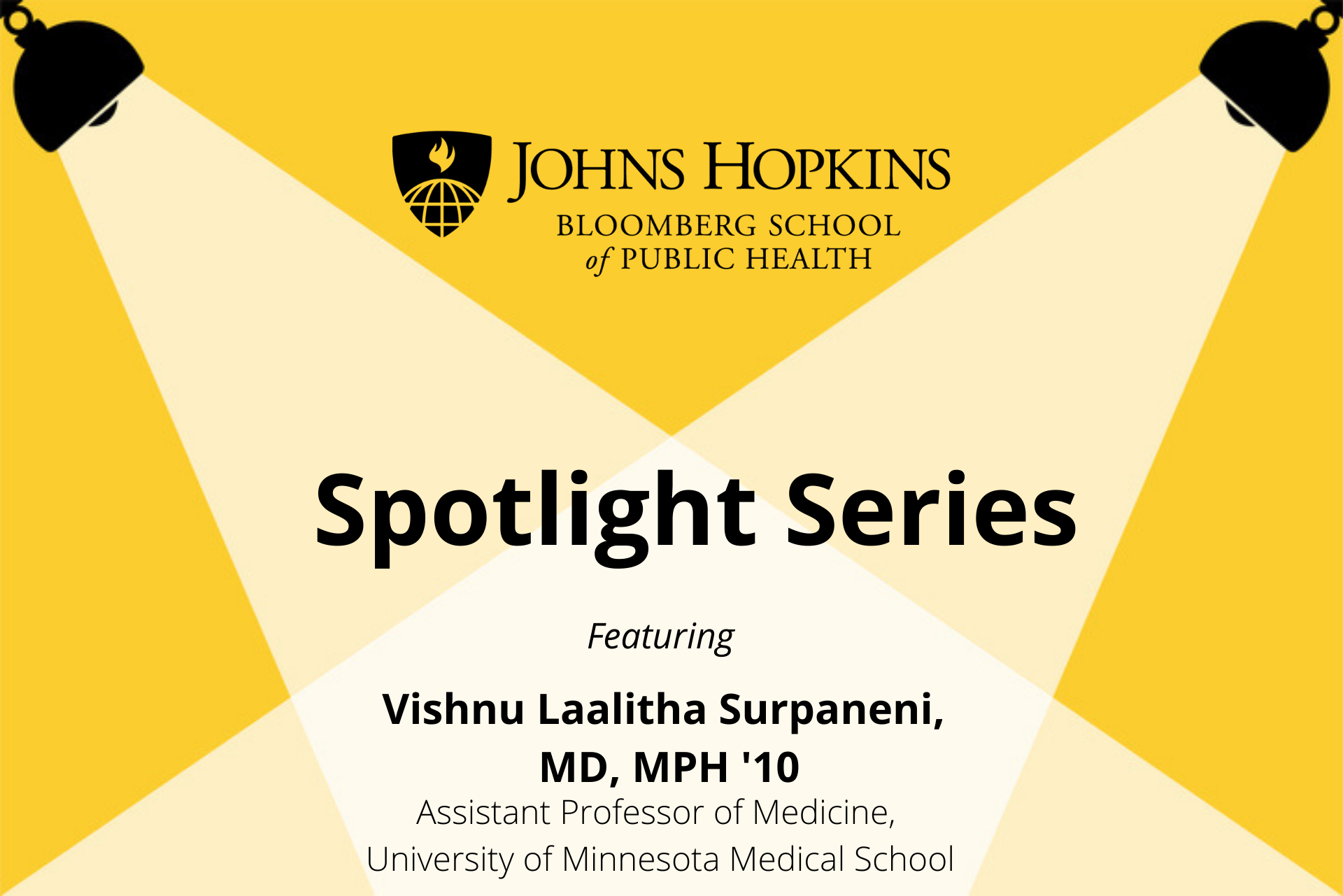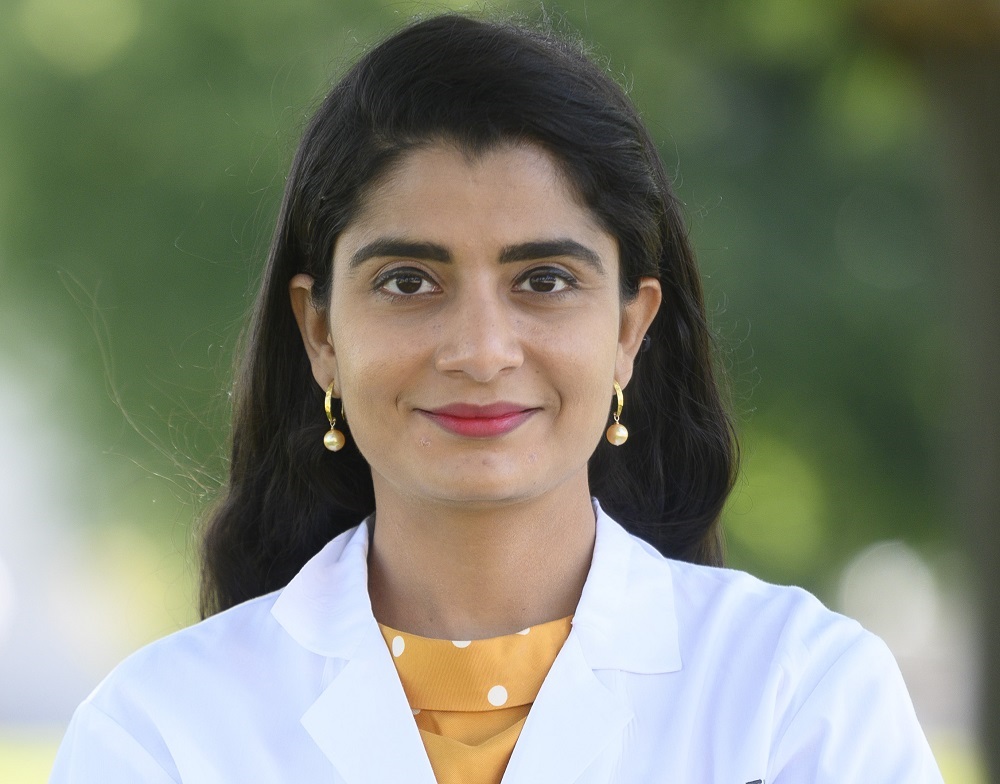Climate Justice and Community-led Science-based Advocacy: Lessons from Line 3 Oil Pipeline

Climate Justice and Community-led Science-based Advocacy: Lessons from Line 3 Oil Pipeline
Climate Change is the number one threat to global public health in the 21st century. The 2018 IPCC special report states that we need to cut our emissions by 45% by 2030 and reach net zero by 2050. However, we are already on track to extract and burn more fossil fuels than is compatible with the 2C scenario. The UN production gap report warns policymakers to not invest in new infrastructure projects as they will ensure "lock-in" of carbon emissions for decades to come.
Despite robust evidence and intense public opposition, Minnesota greenlighted construction of an oil pipeline, Line 3, through Anishinaabe territory violating treaty rights. Line 3, similar in size to the Keystone XL, carries the same product-Canadian tar sands oil, and if built, will add CO2 emissions equal to that of 50 coal plants each year it is in operation. Line 3 is routed to cut through the headwaters of the Mississippi River, twice, risking an oil spill into drinking water for millions of Americans. Learn how tar sands oil pipelines threaten our health and climate, and how health and science professionals in Minnesota have been using their expertise and privilege to advocate against Line 3 in an Indigenous led movement (and what health professionals across the nation can do to stop Line 3.)
 Vishnu Laalitha Surapaneni, MD, MPH is an assistant professor of internal medicine and has a Master's of Public Health from the Johns Hopkins Bloomberg School of Public Health. She currently practices as a hospitalist in Minneapolis and is a national board member of Physicians for Social Responsibility. In addition to providing direct patient care and teaching medical students, Surapaneni is an active climate justice advocate. She has provided testimony to the Minnesota legislature on numerous occasions, and as a science communicator, regularly speaks with media outlets about public health impacts of climate change.
Vishnu Laalitha Surapaneni, MD, MPH is an assistant professor of internal medicine and has a Master's of Public Health from the Johns Hopkins Bloomberg School of Public Health. She currently practices as a hospitalist in Minneapolis and is a national board member of Physicians for Social Responsibility. In addition to providing direct patient care and teaching medical students, Surapaneni is an active climate justice advocate. She has provided testimony to the Minnesota legislature on numerous occasions, and as a science communicator, regularly speaks with media outlets about public health impacts of climate change.
